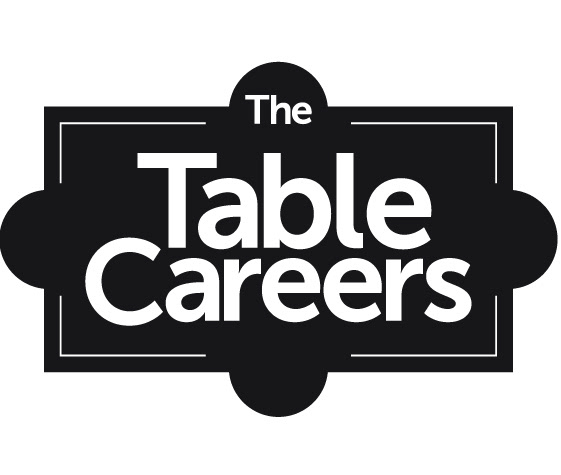‘If you want to go fast, go alone. If you want to go far, go with others’. African proverb.
As you develop through your career, the power of networks – both within your organisation and externally – becomes ever more important. Cultivating a network adds a different perspective to how you approach elements of work, but also opens a gateway of opportunities that you otherwise may not have access to.
Professionally, we are more connected than ever before. We frequently move between roles and organisations, picking up a wealth of connections along the way (LinkedIn is case and point). But it’s in taking the time to foster those relationships and develop authentic connections where you’ll find the greatest value.
This is often the hardest part. Look internally first. See what events your organisation is hosting and show up (or take a willing colleague along for moral support). Utilise other informal avenues that may be on offer; organisational network groups, mentors, even your own team.
Your first event or networking experience may seem daunting. Relax, it really is just two or more people having a conversation. Here are some tips to get you going:
Just be you: Authenticity goes a long way, the more relaxed you are, the easier the conversation will flow.
But it isn’t all about you: ask questions about their career, organisation, challenges…stay curious, it will often lead to more personal conversation & keep the discussion going further.
Listen: never underestimate the power of this skill. It shows you are interested, have the patience to hear another’s voice & opinion. You in turn add more value, responding organically.
Even if you want a job, don’t say: share your achievements, future aspirations, visions, let your ideas & work speak for you. Networks are just a piece of the puzzle in your career journey.
Have a purpose, even if it’s just to make one contact. Don’t sit on the fence, or you may as well have stayed home. Most will actively avoid the ‘aggressive networker’ but are equally unlikely to go out of their way to approach the silent person in the corner. Remember quality conversations over quantity of contacts.
Stay connected – have your business card ready, or at the least your LinkedIn profile open. LinkedIn has a great feature which makes contacts within your vicinity visible, making connections instant (without the worry of losing cards). Ensure you follow up & arrange a time to meet again.
Once you’ve built your confidence, there is a wealth of networks for you to explore! This often presents another challenge; how do you know which networks are worth your time? Do your research, speak to colleagues and look at reviews for specific network events. I’ll be exploring getting the worth out of your networks in a future post!
Forming and maintaining networks has many benefits to your own career. Enabling you to share ideas and best practice amongst peers and industry professionals, building your credibility. This alone adds great value back to your organisation, encouraging a culture of innovation and shared learning.
It’s important to see networking as more than a vessel to your next role. When work is going well, networking often falls behind in your priority list. Like any good relationship, networks should be mutually beneficial. When you are in a good place, ask what value can I add to my own networks? Are there introductions I can make, advice I can share, guidance to offer?
Networking may seem like a ‘nice to have’, but any good leader will tell you long term success is based on relationships. The people you rely on in times of challenge for guidance, are likely to be the same that will support you in your success. If you can embrace the art of networking from an early stage in your career, it will become a natural part of any role you take on. Equally, it’s never too late to start!
Networks are like spider webs, intertwining across organisations, cities and countries. You never know what opportunities your networks will lead you to, or lessons you will learn along the way. Forums like LinkedIn make maintaining these relationships much easier. The challenge is getting going and taking the plunge!




